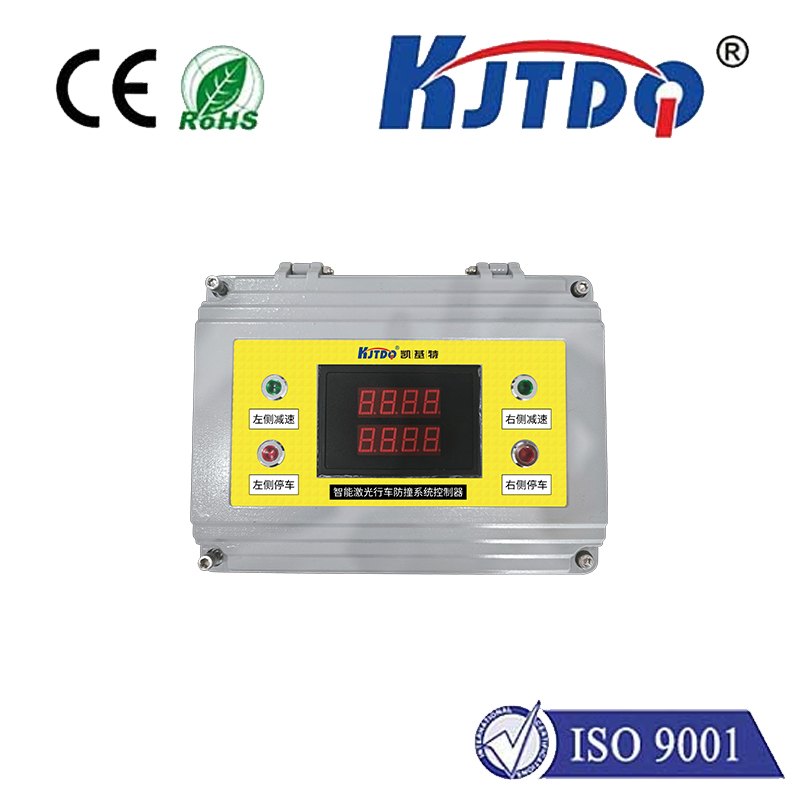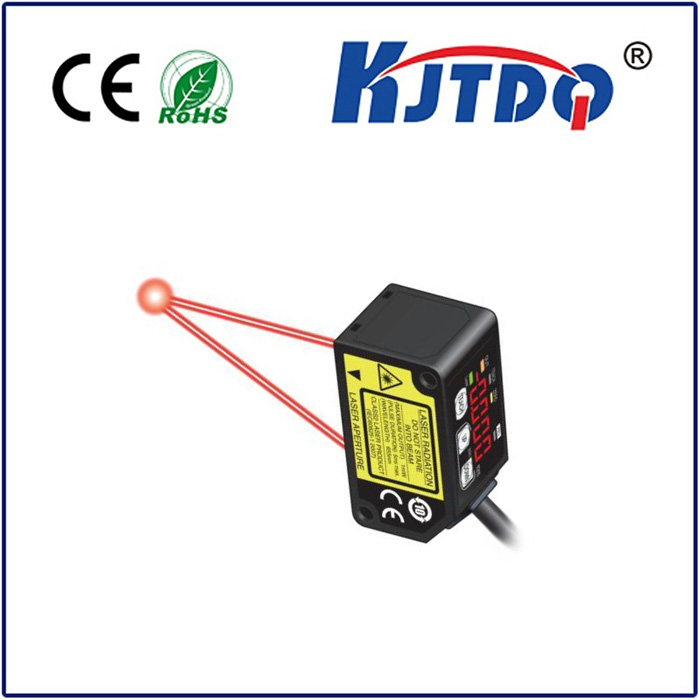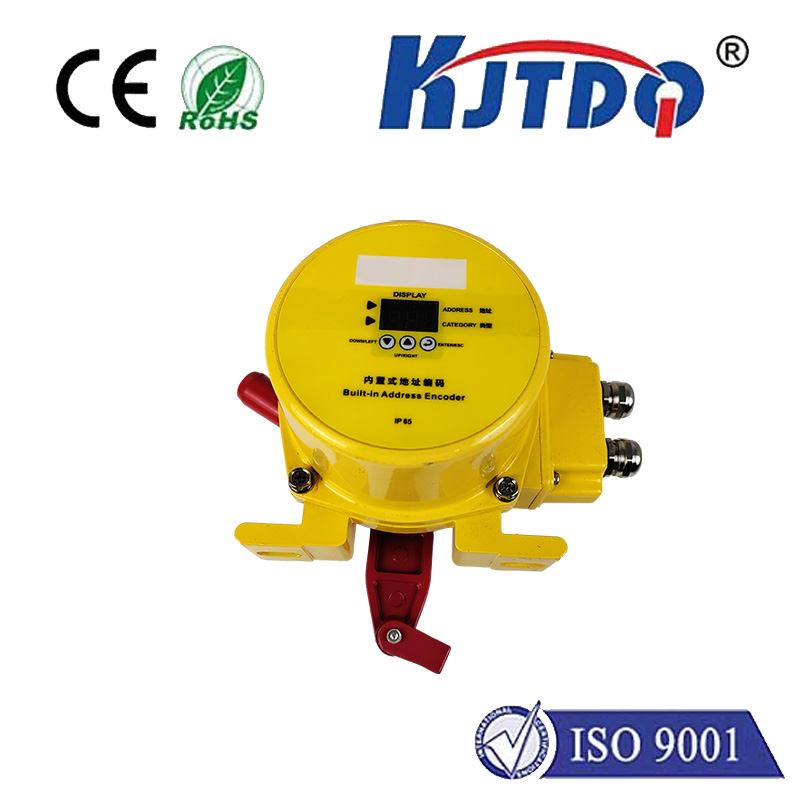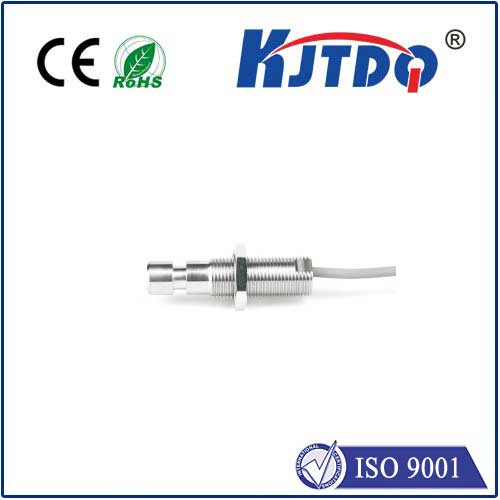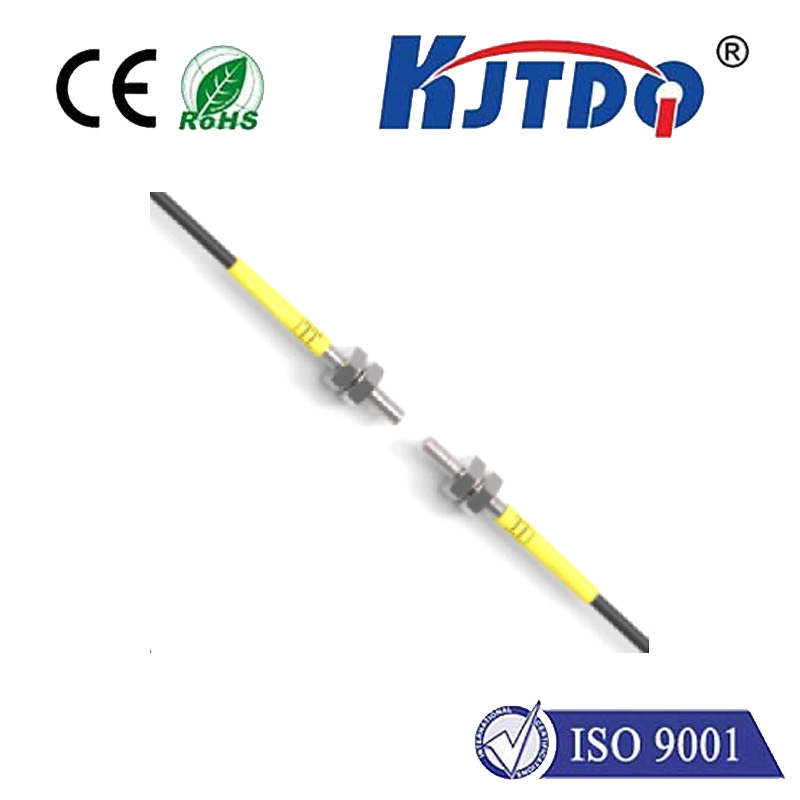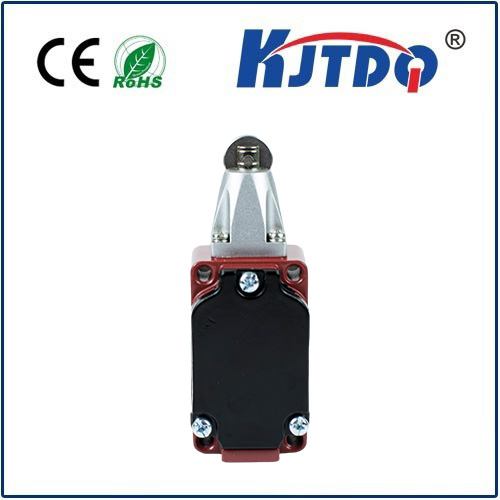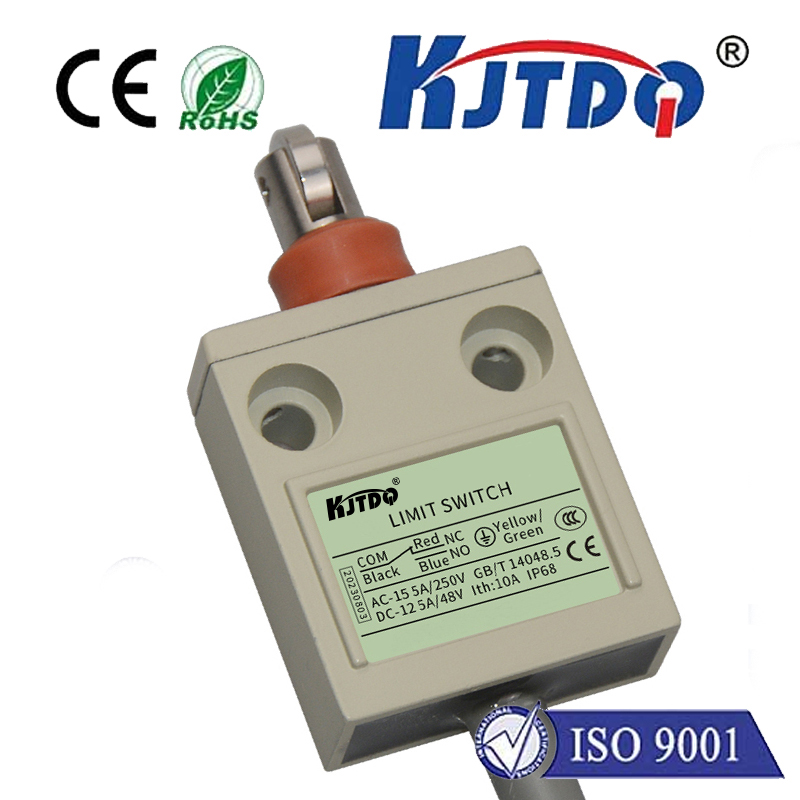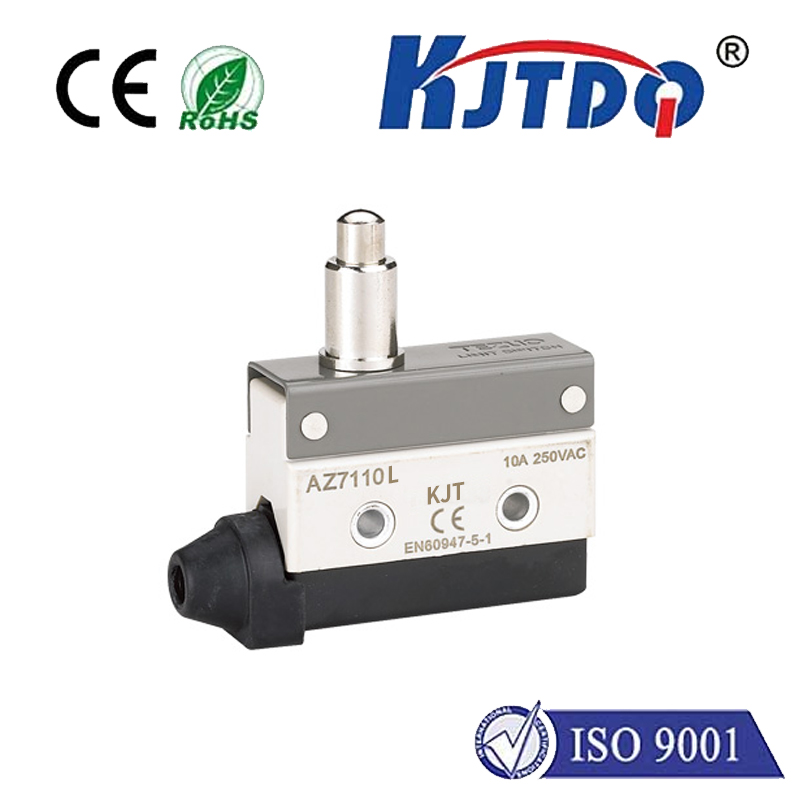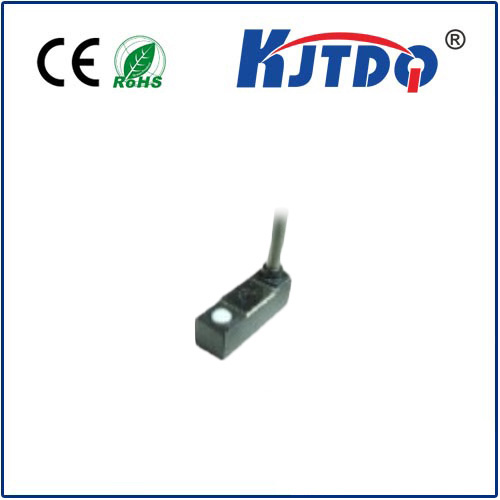
Проверка

Проверка

Проверка

Проверка

Проверка

Проверка

Title: The Essential Role of Temperature Sensors in Modern Technology In the world of modern technology, temperature sensors have become an integral component. They are the unsung heroes working behind the scenes to ensure the proper functioning of various devices and systems. This article delves into the significance of temperature sensors and how they impact our daily lives. Understanding Temperature Sensors At their core, temperature sensors are devices that detect and measure thermal changes in their environment. They convert these thermal changes into signals that can be read by other instruments or equipment. There are different types of temperature sensors, including thermistors, thermocouples, and infrared sensors, each with their unique applications and benefits. The Importance of Temperature Sensors Temperature sensors play a critical role across various industries. In medical technology, they ensure the safety and efficacy of treatments by monitoring body temperature and the temperature of medical equipment. In the automotive industry, they help regulate engine performance and prevent overheating. In household appliances, they optimize the performance of air conditioners, refrigerators, and ovens by maintaining the desired temperature levels. Without temperature sensors, these devices would not operate efficiently or safely. Temperature Sensors in Everyday Life Apart from industrial applications, temperature sensors also touch our everyday lives. Smartphones use them to adjust screen brightness based on ambient light and to optimize battery life by regulating CPU temperature. Smart home devices, such as thermostats, rely on temperature sensors to maintain comfortable indoor temperatures, improving energy efficiency and reducing utility bills. Fitness trackers employ temperature sensors to monitor body heat during workouts, helping users optimize their exercise routines. Future Trends in Temperature Sensing Technology As technology continues to advance, so too does the role of temperature sensors. The Internet of Things (IoT) has expanded the application of temperature sensors, allowing for real-time monitoring and data collection in fields like agriculture, transportation, and environmental conservation. Additionally, innovations in materials science are leading to the development of more accurate, durable, and versatile temperature sensors. Conclusion The ubiquitous presence of temperature sensors in modern technology cannot be overstated. These essential devices enable us to monitor and control temperatures with precision, ensuring everything from our health to our comfort to our productivity is managed effectively. As we look towards the future, the importance of temperature sensors will only grow, solidifying their place as a cornerstone of contemporary technological advancements.
